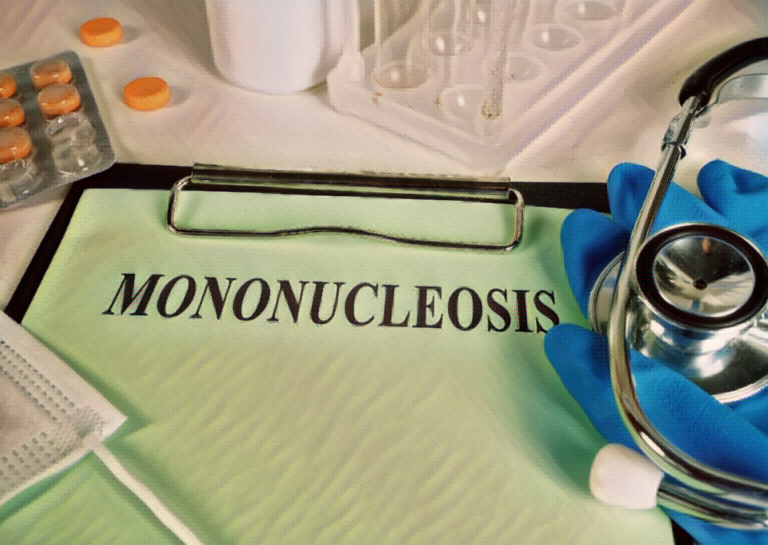Overview
Infectious mononucleosis, also known as mono or the “kissing disease,” is a viral infection that primarily affects children and adolescents. It is caused by the Epstein-Barr virus (EBV) and is characterized by symptoms such as fever, sore throat, and swollen lymph nodes. Although mono is usually a self-limiting illness, it can lead to serious complications in rare cases. It is important to understand the symptoms, causes, treatment, and prevention of infectious mononucleosis in children to manage and prevent this condition.
Symptoms
The most common symptoms of infectious mononucleosis in children include:
- Sore throat: This is one of the most common symptoms, and it can be severe, making it difficult for the child to swallow.
- Fatigue: Children with mono may feel tired and weak, and may need to take extended time off from school or other activities.
- Fever: A fever of 101 degrees Fahrenheit or higher is common with mono.
- Swollen lymph nodes: The lymph nodes in the neck and under the jaw may be swollen and tender to the touch.
- Headache, abdominal pain, nausea and vomiting, and rashes may also be present.
Causes
Infectious mononucleosis is caused by the Epstein-Barr virus (EBV), which is a member of the herpes virus family. The infection is spread through close contact with an infected person, such as through saliva or other bodily fluids. The virus can also be spread through blood transfusions or organ transplants from an infected donor.
Treatment
Treatment for infectious mononucleosis typically involves relieving symptoms and allowing the body time to fight off the infection. There is no specific treatment for mono, and most children recover within a few weeks to a few months.
- Pain reliever steps cantilevers, such as ibuprofen or acetaminophen, can help to reduce fever and sore throat pain.
- Rest: Children with mono should get plenty of rest to help the body fight off the infection.
- Hydration: Drinking fluids can help to keep the throat moisturized and prevent dehydration.
- Avoid contact sports: Children with mono should avoid contact sports or other activities that could cause injury, as the spleen may be enlarged and more susceptible to injury during this time.
- Antibiotics: Antibiotics are not effective against viral infections such as mono, and are not generally prescribed.
Prevention
There are several steps that can be taken to prevent infectious mononucleosis, including:
- Handwashing: Proper handwashing is the most effective way to prevent the spread of infection.
- Avoid close contact with infected individuals: If someone in your household has mono, try to avoid close contact with them until they have recovered.
- Practice safe sex: Mono can also be spread through sexual contact, so it is important to practice safe sex to reduce the risk of infection.
- Avoid sharing personal items: Avoid sharing personal items, such as drinking glasses or utensils, with infected individuals.
Citations
- American Academy of Pediatrics. (2019). Infectious Mononucleosis. Retrieved from https://www.healthychildren.org/English/health-issues/conditions/infections/Pages/Infectious-Mononucleosis.aspx
